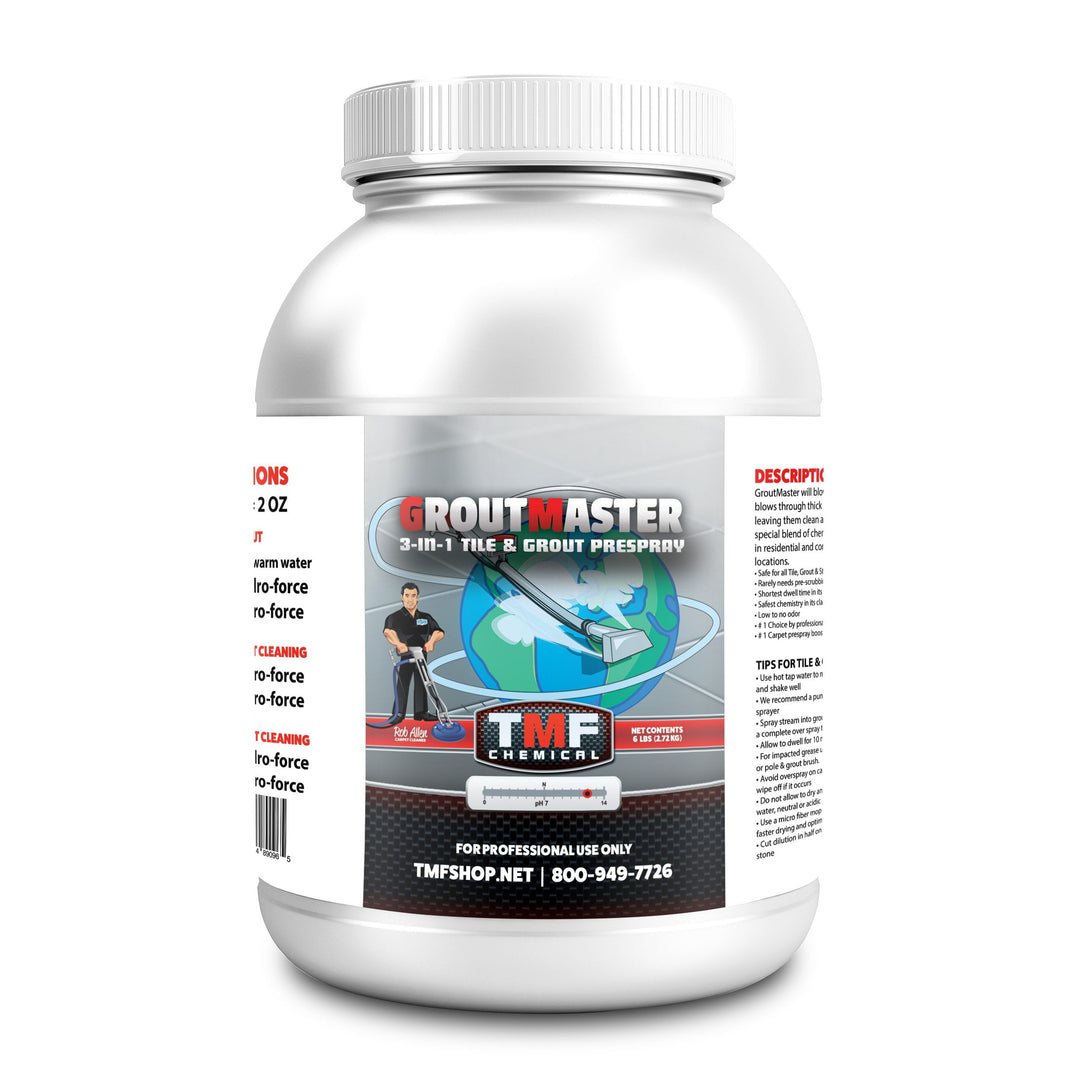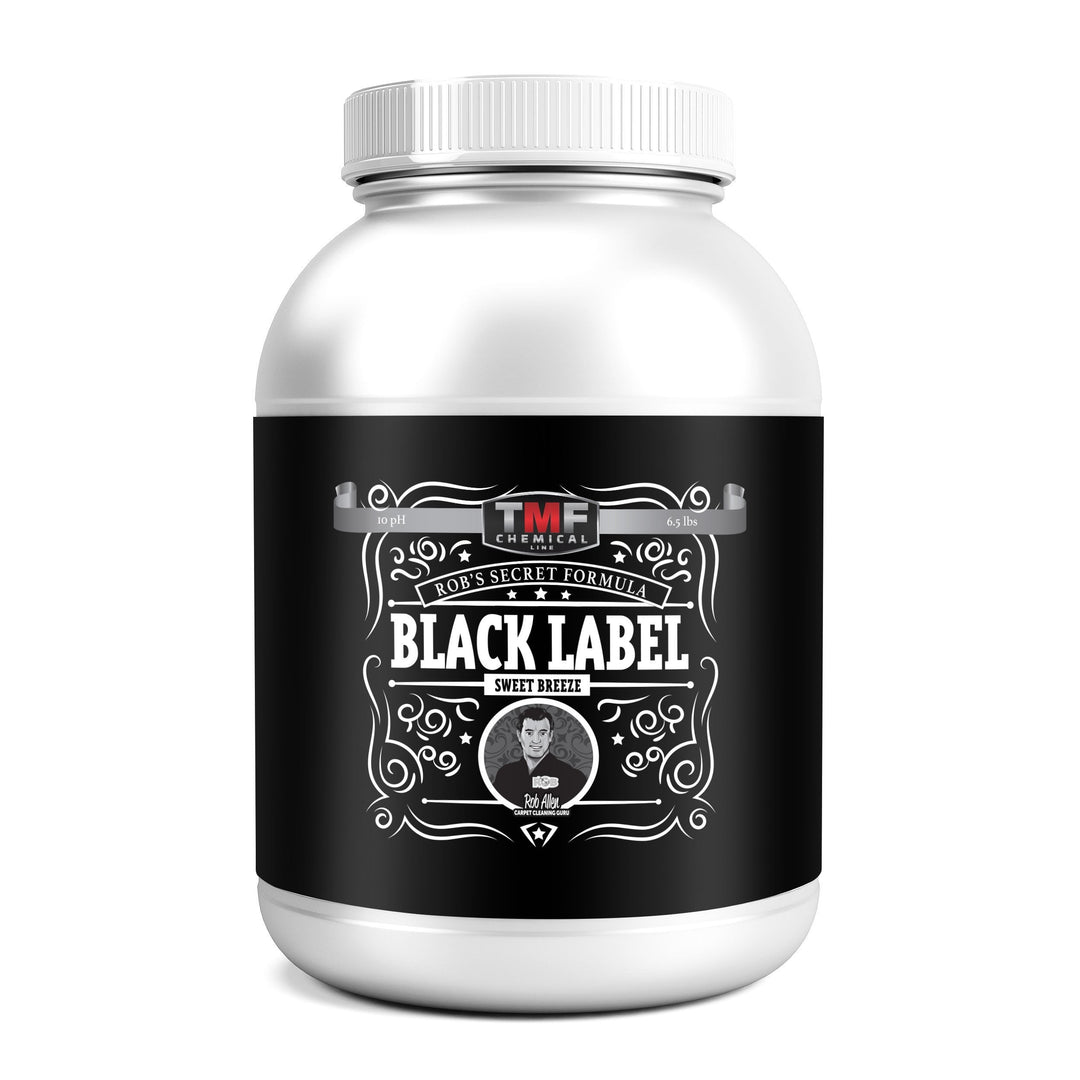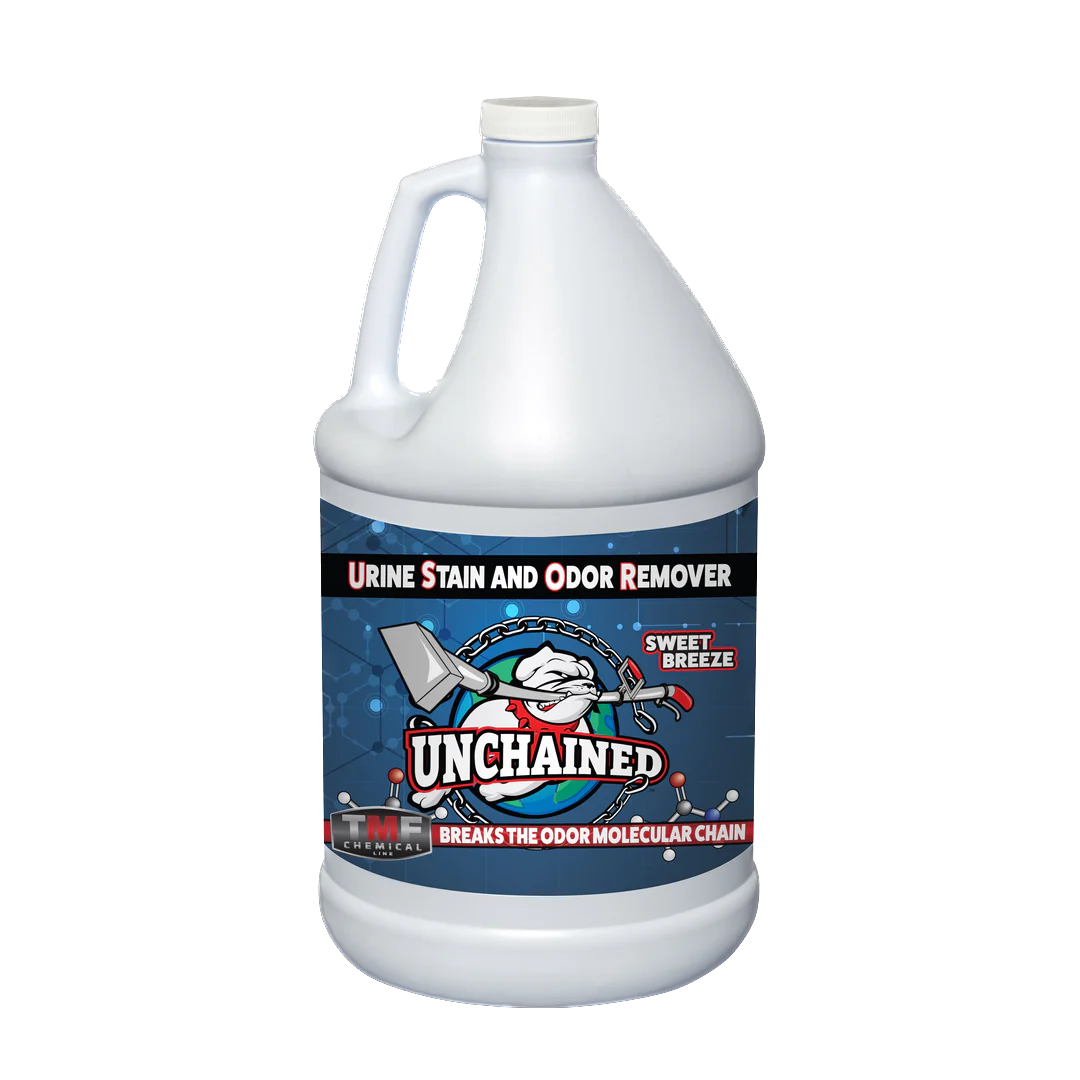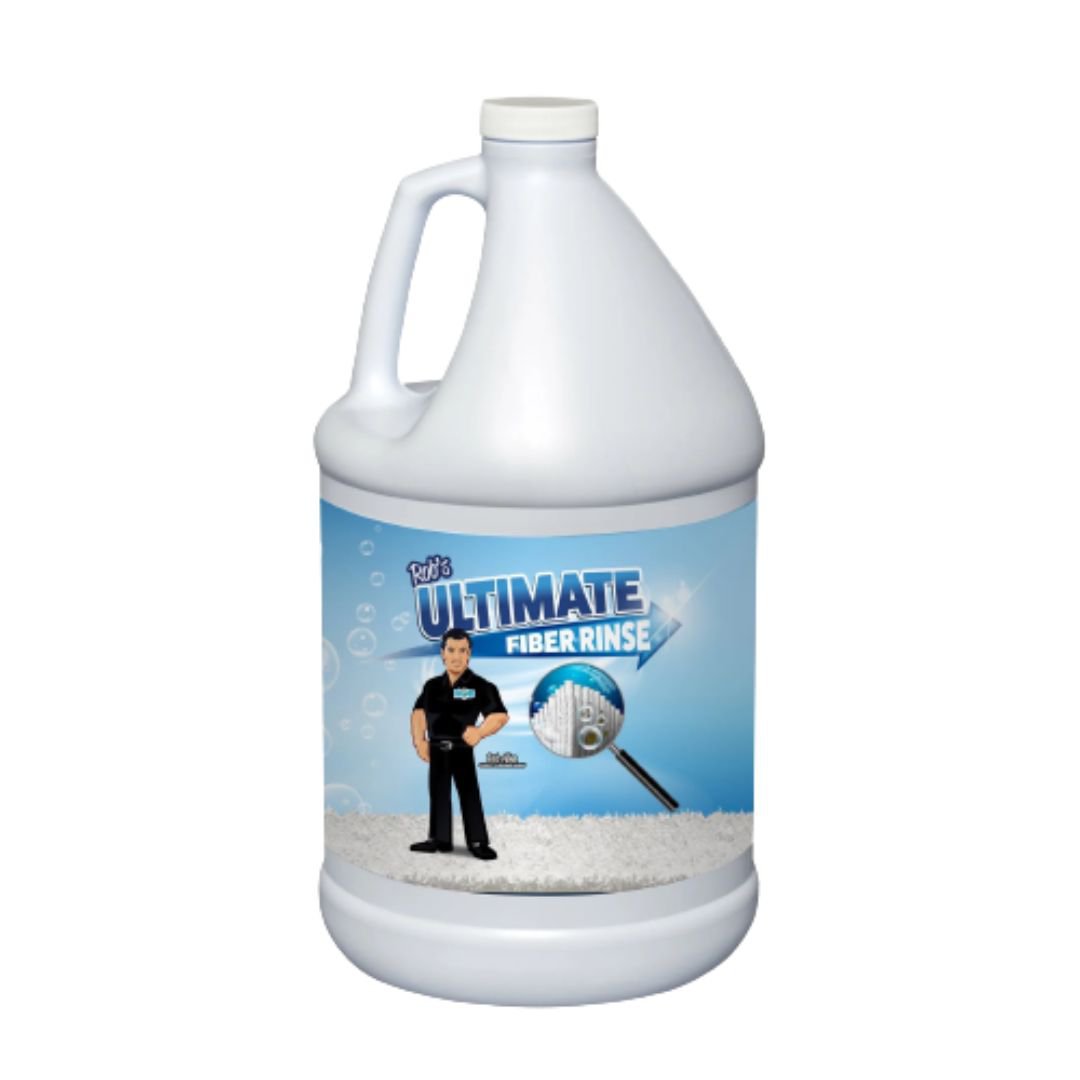Built a Truck Mount Carpet Cleaner Heater
Ever wondered how to built a truck mount carpet cleaner heater? Well, you're in luck. We've got the perfect guide for you.
After getting truck mounts through a few cold winters, we've found that having a truck mount heater can significantly improve your cleaning efficiency. So, let's dive right in and get you set up!
What this article covers:
- Essential Tools and Parts You'll Need
- How to Build a Truck Mount Carpet Cleaner Heater: 7 Quick Steps
Essential Tools and Parts You'll Need
Before we dive into the nitty-gritty of building your own truck mount carpet cleaner heater, let's ensure you have all the tools and parts you'll need. Trust us, there's nothing more frustrating than having to halt your project midway to run to the hardware store. So, here's a comprehensive list to get you fully prepared:
Tools
- Adjustable Wrench
- Screwdriver Set
- Pipe Cutter
- Teflon Tape
- Propane Torch
- Measuring Tape
- Safety Goggles
- Work Gloves
Parts
- Propane Tank
- Heat Exchanger
- Copper Tubing
- Water Pump
- Various Fittings and Connectors (elbows, tees, couplings)
- Hose and Hose Clamps
- Propane Regulator
- Mounting Brackets

With these tools and parts at your disposal, you're all set to build a truck mount carpet cleaner heater to take your cleaning business to the next level.
How to Build a Truck Mount Carpet Cleaner Heater: 7 Quick Steps
Based on our experience, here are the basic steps to build a truck mount carpet cleaner heater. Let's get building!
Step 1: Gather Your Materials
First things first, let's get all the materials in one place. Keep everything organized so it's quick and easy to grab what you need. This will save you time and effort looking for the tools and parts to build your truck mount heater.
Step 2: Set Up The Propane Tank
Before touching that propane tank, ensure you're in a well-ventilated area. Propane fumes can be dangerous, so an outdoor setup is ideal. If that's not possible, ensure you have adequate ventilation indoors.
The regulator controls the propane flow, making it a crucial component. Attach it to the propane tank by screwing it on tightly. Use an adjustable wrench to ensure a secure fit.
Next, attach the hose to the regulator. Use Teflon tape on the threads for an extra secure, leak-proof connection. Tighten it using your adjustable wrench.
Before moving on, double-check all connections to make sure they're secure. A loose connection can lead to leaks, which are both dangerous and inefficient.

Step 3: Install The Heat Exchanger
Now, it's time to install the heat exchanger. The heat exchanger is the heart of your heater, so its placement is crucial. Find a stable, flat surface on your truck where it can be securely mounted.
Use the mounting brackets to attach the heat exchanger to your chosen spot securely. Ensure it's level and tightly fastened to avoid any movement during operation.
Run a hose from the propane tank to the heat exchanger. Again, use Teflon tape on the threads and tighten with an adjustable wrench.
Step 4: Lay Out The Copper Tubing
After putting it to the test, we found that copper tubing is the most efficient for heat transfer. It's durable and offers excellent thermal conductivity. Lay out the tubing in a coil formation around the heat exchanger. Make sure it's tightly wound for maximum efficiency. Use hose clamps to secure the copper tubing in place. This ensures it stays tightly wound and maximizes efficiency.
Step 5: Connect The Water Pump
The water pump is what will circulate the heated water. Place the water pump near the copper tubing, but ensure it's easily accessible for maintenance. Connect the water pump to the copper tubing using appropriate fittings. Use your adjustable wrench to tighten these fittings securely.
Step 6: Test The System
Before you go full throttle, it's crucial to test the system. Put on your safety goggles and work gloves. Safety should always be your priority. Turn on the propane tank and let the system run for a few minutes. Check for any leaks or issues.
Step 7: Final Adjustments
After putting it to the test, you might need to make some adjustments. This could involve tightening some fittings or recalibrating the heat settings on the heat exchanger. Before declaring the project complete, do one last safety check to ensure all components are securely fastened and operating as they should.
Conclusion
And there you have it! You've successfully built a truck mount carpet cleaner heater. Trust us, this is a game-changer for any cleaning business. And speaking of game-changers, we can't wrap up without giving a shoutout to our commercial carpet cleaning equipment.
We've been in business for over 31 years. We take pride in our top-of-the-line products, from commercial carpet cleaning products to carpet prespray chemicals. So, why not check out our range of quality, safe cleaning products? You won't be disappointed.
If you want to learn more, why not check out these articles below:
- How Does It Work Truck Mount Carpet Cleaning Machine?
- How to Connect Truckmount to Fuel Tank
- Truck Mount Carpet Cleaner Benefits
- TruckMount Forum Best Professional Carpet Spotting Kit
- Starting a Carpet Cleaning Business with TruckMount
- How to Truck Mount a Pressure Washer
- How to Crank Truck Mount Machine
- How Much Energy Is Used to Clean Carpets Truck Mount
- Why Do Some Truck Mount Carpet Cleaners Run Hotter Than Others
- Does Truck Mount Cleaning Leave Carpet Slippery
- How Long to Keep System Maintainer in TruckMount Forum
- How Do You Clean Your TruckMount
- How to Winterize a Truck Mount
- Portable vs. Truck Mount Carpet Cleaning
- Rotovac System vs. Truck Mount Carpet Cleaning





